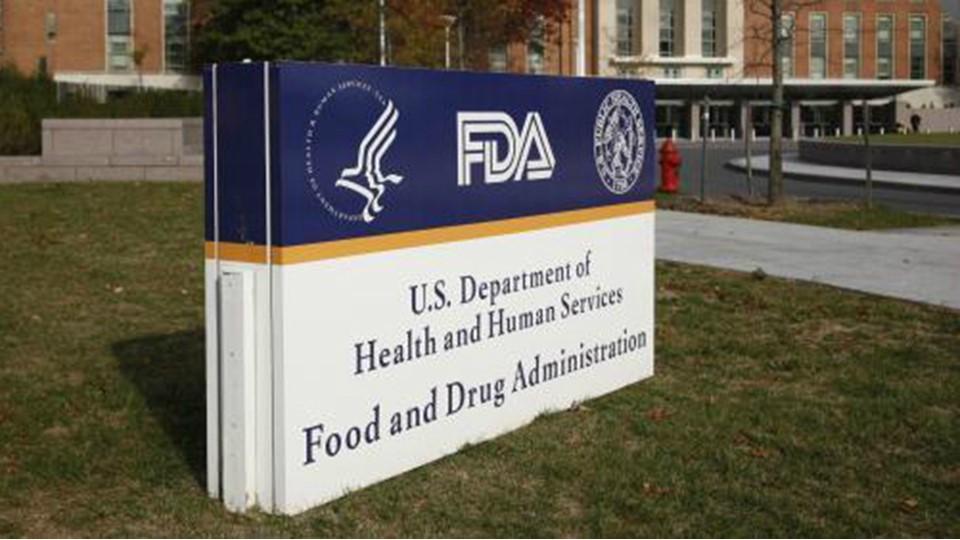FDA clears Roche’s Alecensa for adjuvant use in NSCLC

Roche has broken new ground with its ALK inhibitor Alecenesa, becoming the first drug in the class to be approved by the FDA for adjuvant use after surgery in early-stage, ALK-positive non-small cell lung cancer (NSCLC).
The approval is significant for patients with this type of lung tumour, as nearly half of them will experience a relapse despite undergoing surgery and adjuvant chemotherapy to try to stop the cancer from recurring.
The approval is based on the phase 3 ALINA study, published last week in the New England Journal of Medicine, which showed that adjuvant use of Alecensa (alectinib) achieved a 76% reduction in the risk of disease recurrence or death in early-stage NSCLC when compared to platinum-based chemo, described by the investigators as "unprecedented."
There was, however, some disappointment among clinicians that the study had not included a combination group receiving both Alecensa and chemo, to see if that would provide even more benefit.
The FDA approval has been hailed as a “pivotal moment” for early-stage patients by Ken Culver, director of research and clinical affairs at ALK Positive, an organisation representing patients with ALK-positive lung cancer.
“These patients, who are typically diagnosed at a younger age, often face recurrence and have a higher risk of developing brain metastases than those with other types of NSCLC,” he said. “Now, with this significant advance, it is more important than ever that all people diagnosed with early-stage lung cancer undergo testing for ALK and other recommended biomarkers to receive the treatment most appropriate for them.”
That’s a critical point, as while US guidelines currently recommend routine testing for ALK, EGFR and PD-L1 biomarkers in people with early-stage NSCLC to see if they are eligible for targeted treatment, it is not as widely used as it should be.
A survey published last year by the American Cancer Society (ACS) found almost half (49%) of patients with cancer said they had not received biomarker testing or were unsure if they had, which was an increase from 39% in a 2020 poll.
The FDA has already approved Alecensa as a first- and second-line therapy for patients with advanced, metastatic ALK-positive NSCLC, and is a big seller for Roche with sales of CHF 1.5 billion ($1.65 billion) last year from that use.
Around 5% of all NSCLC cases carry ALK mutations, and at the moment patients with advanced disease have multiple treatment options, including Alecensa, Takeda’s Alunbrig (brigatinib), and Novartis’ Zykadia (ceritinib), as well as Pfizer’s older therapy Xalkori (crizotinib) and follow-up Lorbrena (lorlatinib).
Extending Alecensa’s label to include early-stage disease gives Roche a niche free of competition from its rivals, and at the moment, there is no indication that any of the other companies are testing their ALK inhibitors in early-stage patients.
Roche said it will also file the ALINA data with the EMA and other health authorities around the world.












